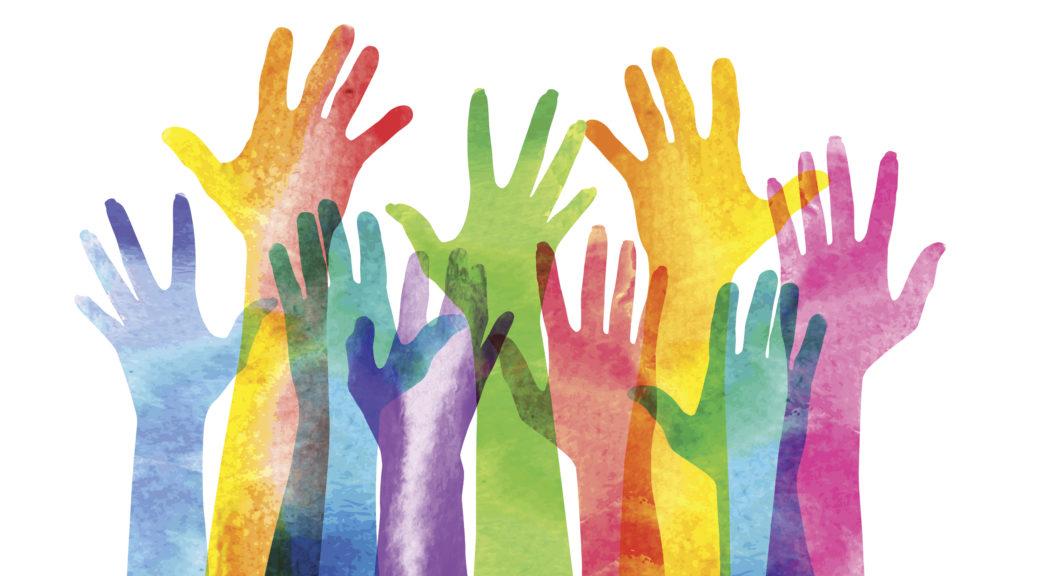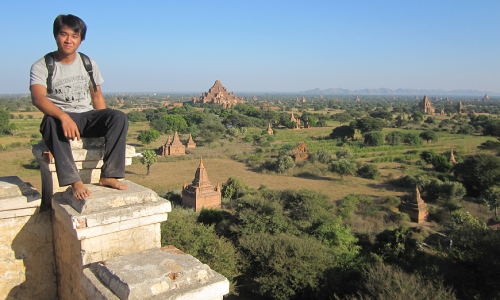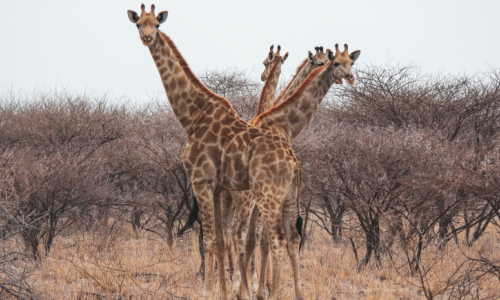
In early 2011, five SFU students traveled to Cape Town, South Africa to support humanitarian projects in the township of Enkanini. That’s about as far as you can get from Vancouver, BC!
All five were supported by the C.A.R.E. SFU Global Travel Award, a program that funds SFU students participating in humanitarian work in developing countries with donated air mile points. I recently had a chance to talk to them about their experience and they share with us their advice for volunteering abroad.
1. Have a Plan
After hearing about the award program, the students approached Light and Love Home to join one of the organization’s many global outreach projects. They eventually settled on joining an existing initiative in Enkanini, an underprivileged township 30 minutes away from Cape Town. “You wouldn’t be able to find it on any local map,” laughs Tiffany Kwong.
“When you’re applying [for funding], know exactly what you’re doing and be specific in your report so they know what to expect from you. Be flexible, too, in your flights,” Katy Law advises.
“Read necessary information provided by SFU Volunteer Services and International Co-op offices with respect to traveling abroad,” Wai Ying Chau Kio adds.
2. Don’t be Afraid to Get your Hands Dirty
Once in South Africa, the five of them spent over 2 months coordinating an after school program and facilitating a community feeding program. They even found time to build an entire recreational facility from the ground up to be used by local youth. “Drilling, hammering, mixing concrete… You name it!” Kwong says proudly. (Did I mention the SFU team was made up of all women? Way to buck the stereotype!)
3) Be Open to Cultural Differences
The students also had to deal with cultural differences along the way. Food (passion fruit is abundant in Cape Town), language (the local X’hosa dialect is spoken with clicking noises!), and public transportation (or lack thereof) were all things they had to get used to very quickly.
The concept of time and schedules stood out for Lois Fong as the one main difference. “For us, 11:00 is 11:00. For them, they don’t really [keep track of] time. So if our program started at 4, some might come at 3, some might come at 5.”
4. Take Initiative
Their volunteerism in turn inspired over a hundred University of Cape Town students to join their cause. “We actually went up to the students [on campus]. We took initiative to introduce the people to our club, to tell them what it’s about. Most of them found it very meaningful so that’s why they came and joined,” Law says.
The local Cape Town students will aim to continue the outreach work in Enkanini, as well as potentially go on international trips themselves.
5. Just go for it!
“Go for it!” Law tells us. “Doing humanitarian work not only helps the people there, but also helps you to get to know yourself. You kind of know what you have, and what the others have. So, this also helps you to improve yourself and know your strengths and weaknesses.”
Thinking of doing humanitarian work in a developing country? The C.A.R.E. SFU Global Travel Award program can help you get there!














